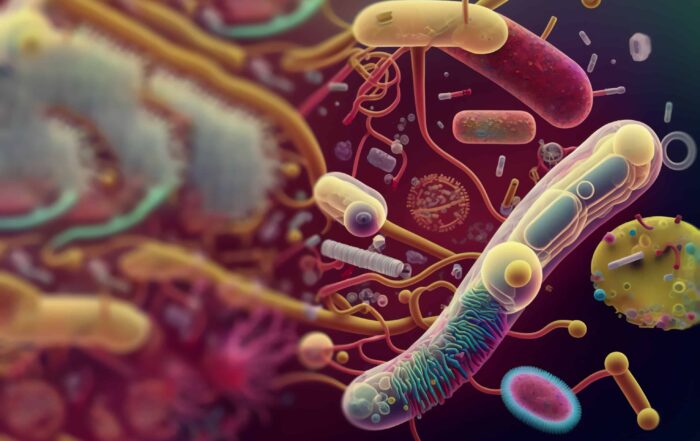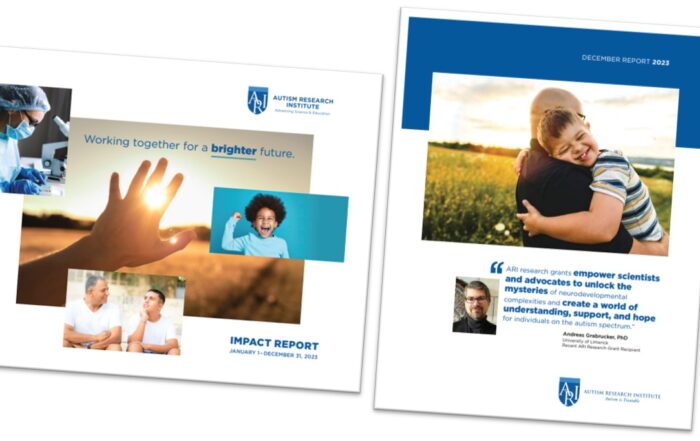Cannabis use during pregnancy may alter placental and fetal DNA methylation (the process of turning genes “on” and “off”) in ways that increase the likelihood of autism spectrum disorder (ASD) or other neurobehavioral conditions, according to a new study.

Lyndsey Shorey-Kendrick and colleagues, who conducted the study, say, “Cannabis use among pregnant individuals, especially during the critical developmental window in the first trimester to mitigate morning sickness symptoms, has doubled in the past decade, and half of those that use cannabis will continue to use throughout pregnancy.” They add that while research is limited, “[S]tudies suggest adverse effects of prenatal cannabis exposure that include preterm birth, stillbirth, and small for gestational age infants. Maternal cannabis use has also been associated with an increased risk for neurobehavioral morbidity in human offspring, including ASD, attention deficit hyperactivity disorder (ADHD), intellectual disability and learning disorders, and other neuropsychiatric disorders.”
To explore the effects of cannabis exposure in utero, Shorey-Kendrick and colleagues studied pregnant rhesus macaques. Half of the animals received a daily edible of THC (the active ingredient in cannabis), while the other half received a placebo. The researchers found that THC exposure altered fetal and placental methylation, causing significant changes involving genes associated with neurobehavioral disorders, including ASD.
Study coauthor Jamie Lo, who notes that “it’s not common practice for providers to discuss cannabis use with patients who are pregnant or trying to conceive,” says the researchers hope their findings will open up a broader dialog about the potential effects of cannabis use during preconception and the prenatal period.
—
“Prenatal delta-9-tetrahydrocannabinol exposure is associated with changes in rhesus macaque DNA methylation enriched for autism genes,” Lyndsey E. Shorey-Kendrick, Victoria H. J. Roberts, Rahul J. D’Mello, Elinor L. Sullivan, Susan K. Murphy, Owen J. T. Mccarty, Danny J. Schust, Jason C. Hedges, A. J. Mitchell, Jose Juanito D. Terrobias, Charles A. Easley IV, Eliot R. Spindel, and Jamie O. Lo, Clinical Epigenetics, July 6, 2023 (free online). Address: Lyndsey Shorey-Kendrick, Division of Neuroscience, Oregon National Primate Research Center, Oregon Health and Science University, Beaverton, OR, 97006, [email protected].
—and—
“THC use during pregnancy linked to changes in fetal development,” news release, Nicole Rideout, Oregon Health & Science University, July 6, 2023.
This article originally appeared in Autism Research Review International, Vol. 36, No. 3, 2023
Editorial – Fecal Microbiota Transplantation and Autism
Over the past several years, Fecal Microbiota Transplantation (FMT) has become the subject of growing interest in the autism community due, at least in part, to the increased awareness of the gut-brain
ARI’s Latest Accomplishments
Connecting investigators, professionals, parents, and autistic people worldwide is essential for effective advocacy. Throughout 2023, we continued our work offering focus on education while funding and support research on genetics, neurology, co-occurring medical
Biomarkers start telling us a story: Autism pathophysiology revisited
Antonio Persico, MD, a recent ARI Research Grant recipient, explores the role of biomarkers in understanding autism pathophysiology. He discusses the complexity inherent to neurodevelopmental conditions and emphasizes the need to combine




